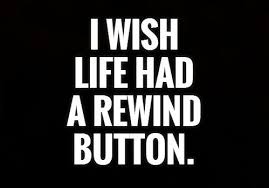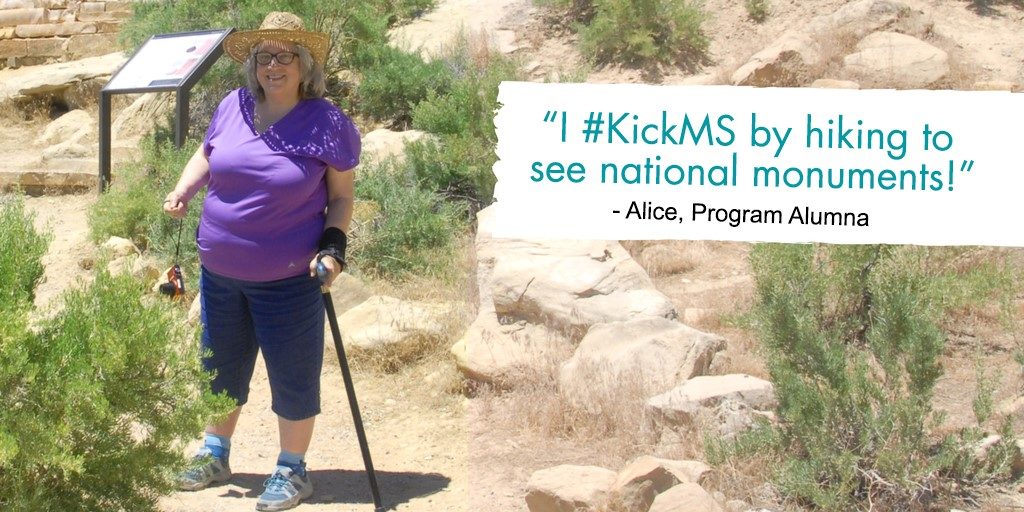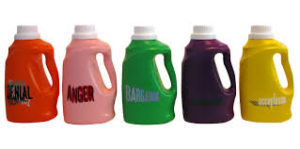 With just over a week to go until I take The Teenager to University, it’s a curious time.
With just over a week to go until I take The Teenager to University, it’s a curious time.
It feels somewhat like suspended animation, this period between A levels and the big, wide world.
He has the makings of an independent life packed into three huge Ikea blue bags with more to come.
He’s here, then he’s not, dashing off to music festivals, tent and sleeping bag strapped together, only stopping to load up on fresh laundry and food that magically appears in the kitchen.
I bitterly regret the fact that MS came in to his life just as he was starting high school; as he was growing and exploring, he witnessed my world shrinking. Me, the stable, always-there parent who had criss-crossed the world several times over and had the stories to prove it. The illness was swift and brutal.
His pet hate was seeing me asleep on the sofa, so I tried my hardest to set alarms, sit bolt upright and quickly look at my scribbled lists, reminding me of who had argued with which kid, teacher’s names, which ingredients to get for the cookery lesson. My first major relapse, the one that affected my speech, didn’t help. When you can’t even string a sentence together, life is frightening.
Eventually, we laughed about it and even today, The Teenager still does a remarkably good impression of me back then – talking English with a German syntax, chucking verbs to the end of sentences, with a huge dash of nonsense thrown in.
Life became a battle of lists, remembering and alarms. I’ve mentioned it before, but finding him brushing his teeth with tears rolling down his cheeks killed me inside. He hated what MS had done and what it represented. He became used to the tiredness, the stumblings, the smashed cups, but it was still a volatile force that threatened his routine.
Of course, life for both of us would have been a lot easier, had my ex-husband stepped up to the plate. At first, he was assuredly positive. He vowed to take on more responsibility, especially as I was undergoing strong treatment at the time, Camapth, which essentially leaves you without an immune system for at least six weeks.
Reassured, I went for my first treatment. My ex had The Teenager for three days after the treatment, which lasted five days. The second time, I was on my own. The third, I made my own arrangements. Luckily, I didn’t catch an infection.
Strangely, from the moment my ex-husband said he would help out more, he ‘helped out’ a lot less. Aside from the fact that looking after your child for two days out of thirty shouldn’t be seen as ‘helping out’, it makes me chuckle ironically when I think about the amount of times I took The Teenager to town as a young child, ready to meet his dad off the train, only to have a text message saying he had a cold, or was unwell, and unable to come through. At the last minute.
Perhaps he was too occupied getting his second house in Barbados built? Quite possibly. But having had to live with my mother for four years and rent for fourteen, I wouldn’t know.
Me and The Teenager have battled MS over the last six years, for good and bad. The bad times have been horrendous, the good, glorious. He is a caring, independent, go-getting kid, despite everything thrown at him.
My only wish is that he will thrive despite MS. And, I think he will.
 Can Do Multiple Sclerosis, a non-profit that provides health education programs for families with MS, launched their annual, online campaign that encourages people with MS, as well as their friends and supporters, to share how they #KickMS during September’s Can Do Month celebration.
Can Do Multiple Sclerosis, a non-profit that provides health education programs for families with MS, launched their annual, online campaign that encourages people with MS, as well as their friends and supporters, to share how they #KickMS during September’s Can Do Month celebration.
 What’s it this time?
What’s it this time? With just over a week to go until I take The Teenager to University, it’s a curious time.
With just over a week to go until I take The Teenager to University, it’s a curious time. Me and The Teenager joined thousands of other mums and Uni-bound kids at Ikea yesterday.
Me and The Teenager joined thousands of other mums and Uni-bound kids at Ikea yesterday. I don’t know about you, but the so-called ‘5 stages of grief’ annoy me.
I don’t know about you, but the so-called ‘5 stages of grief’ annoy me.